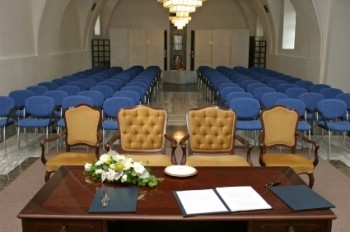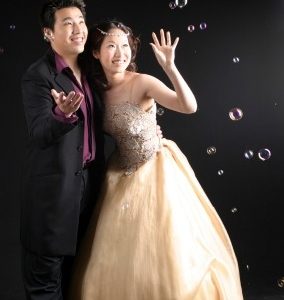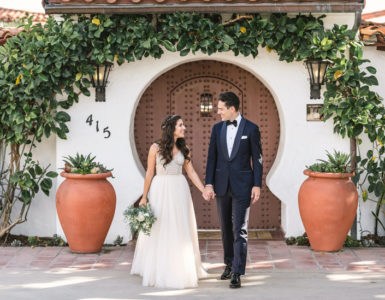
We all associate the celebration of a civil marriage with a cold rite, when in fact we can achieve a totally opposite effect. Civil ceremonies can be held in the same place as the wedding meal, on a white sand beach, on a spectacular cliff…. in a word: anywhere.
In a civil ceremony, almost anything is possible. Emotional surprises for the bride and groom and guests, music of all kinds, interventions from friends and family, etc. The possibilities are truly endless, although in the end, the decision to incorporate these elements or not depends only on the tastes and desires of the couple. The officiant of the marriage
The presence of the master of ceremony implies the acceptance of the celebration of the marriage although in reality it does not have any legal effect or validity. Before the wedding, the master of ceremony meets with the bride and groom, advises them on everything related to protocol, music, readings, etc. to define the setting for the ceremony. The only disadvantage of a civil marriage performed by an officiant is that it has no legal validity. The couple must first marry in court or at the town hall because marriages recognized by law can only take place in official buildings.
Program of a civil ceremony
When defining the program for the civil ceremony, the main thing to keep in mind is that it is a very personal celebration in which the bride and groom are the true protagonists of a demonstration of love and not just a signature.
Program of a civil ceremony
1. Enter music2. Welcome speech 3. Guest readings 4. Reading the articles of the Civil Code 5. 5. Acceptance of civil principles Acceptance of marriage by the contracting parties7. Exchange of alliances 8. Union speech. Reading of the minutes 10. Signatures, exit and exit music







Add comment